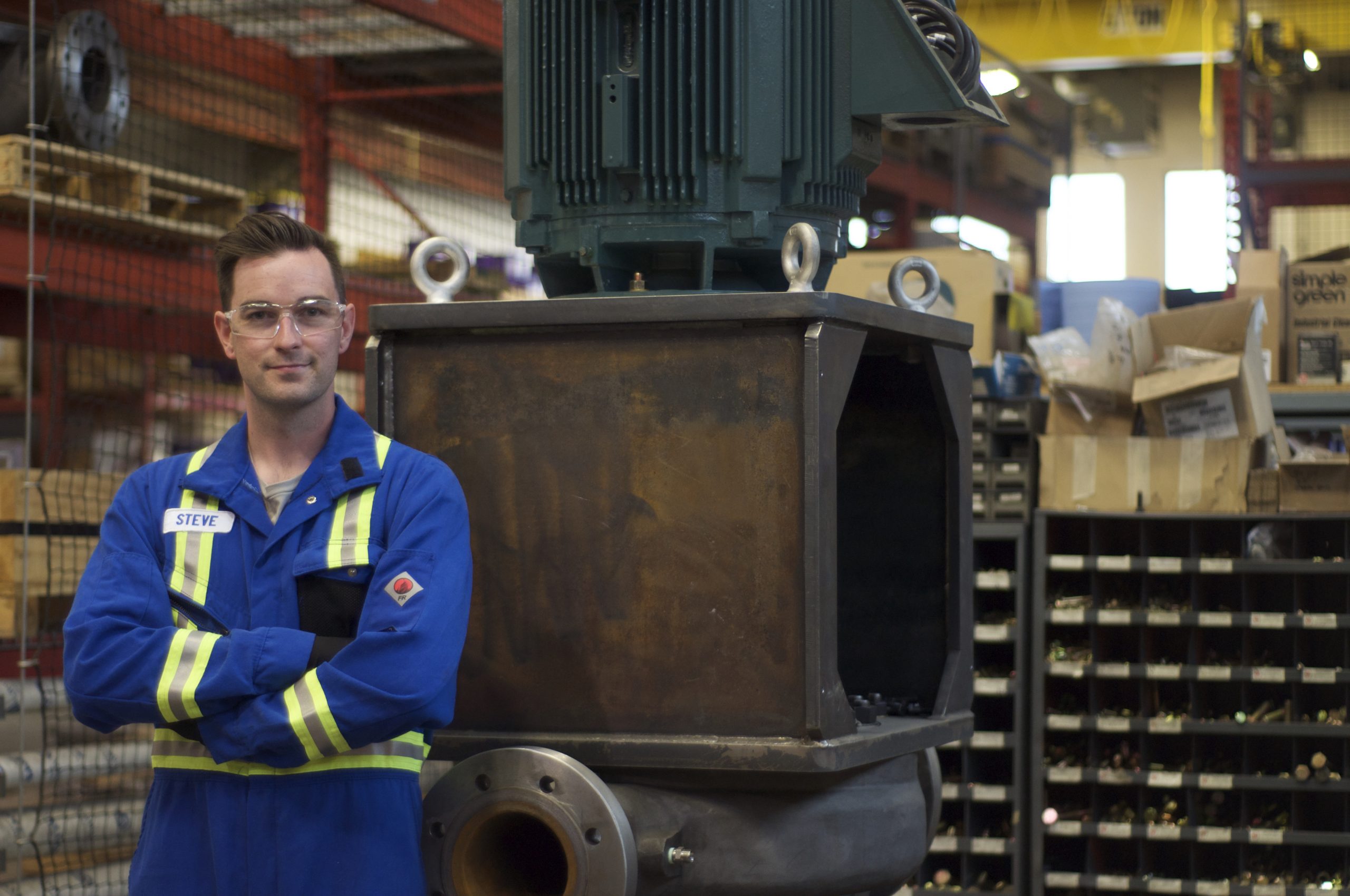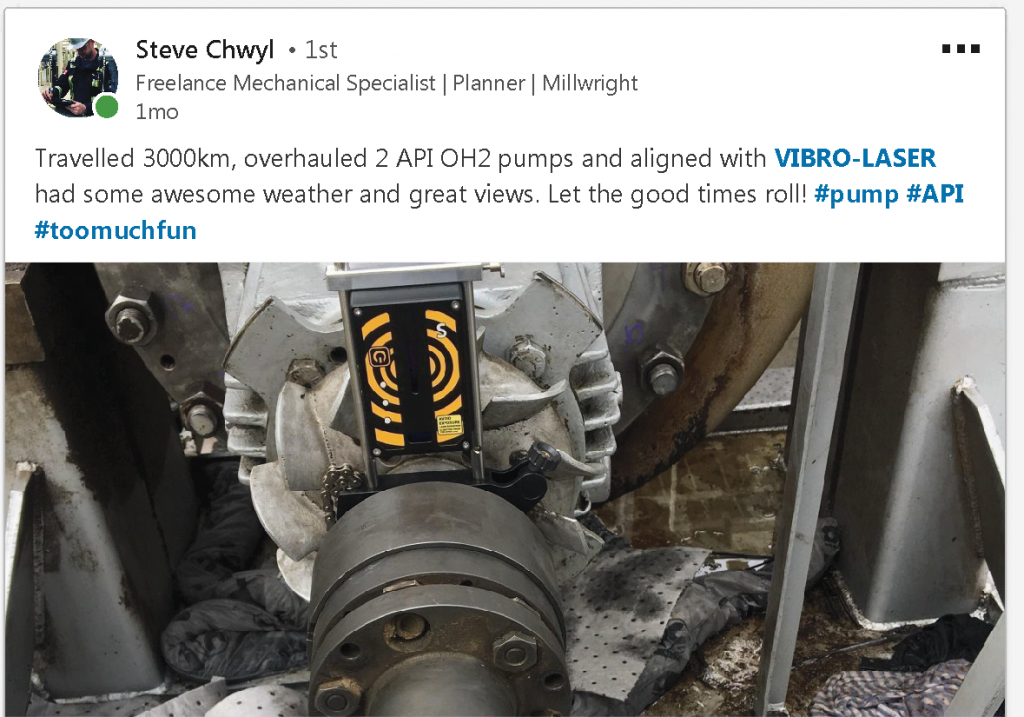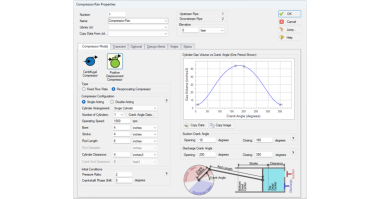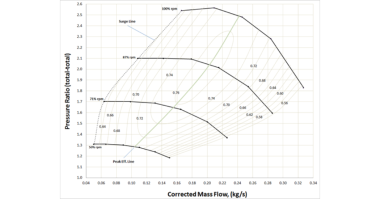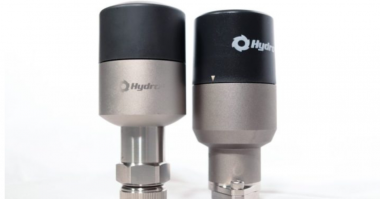Author: Steve Chwyl
Canada is an amazing place to work! With some of the world’s largest oil reserves, we have a large group of millwrights who work in the energy industry. As a self-employed millwright, I am proud to have worked with and learned from many smart and talented people over the years. When the oil and gas industry took a dive 4 years ago, many companies closed while others survived by lowering overhead or changing focus. Companies became more strategic and open-minded to trying new things. Some shops here in ‘oil country’ took the materials used to make pipeline equipment and started making commercial products, such as stairs or fire pits. New equipment wasn’t being purchased, so end users were performing only required maintenance and putting off other activities. Now here we are in 2018 with a little light at the end of the tunnel – energy producers have started to invest once again, and the future is looking a little less bleak.
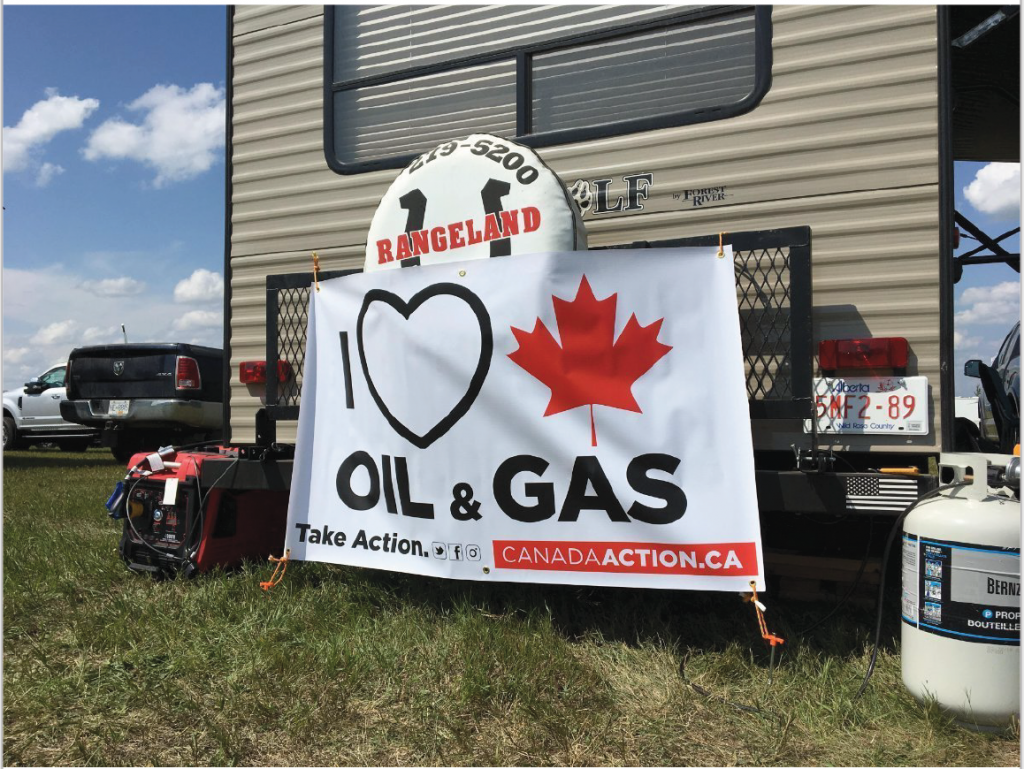 Canada has huge reserves of Oil Sands, which is sandstone that contains petroleum and other hydrocarbons. These fuel sources are extracted through steam injection or surface mining, and these different projects can produce between 7,000 to 300,000 barrels each day. Tons of people are needed to construct and maintain assets during these projects, and with so many people needed in remote areas, we are often flown in and out for our shifts. While some people may think living on-site in remote camps seems ‘awful’, to others it provides a life/work balance that some people love – including me. I wouldn’t work anywhere else.
Canada has huge reserves of Oil Sands, which is sandstone that contains petroleum and other hydrocarbons. These fuel sources are extracted through steam injection or surface mining, and these different projects can produce between 7,000 to 300,000 barrels each day. Tons of people are needed to construct and maintain assets during these projects, and with so many people needed in remote areas, we are often flown in and out for our shifts. While some people may think living on-site in remote camps seems ‘awful’, to others it provides a life/work balance that some people love – including me. I wouldn’t work anywhere else.
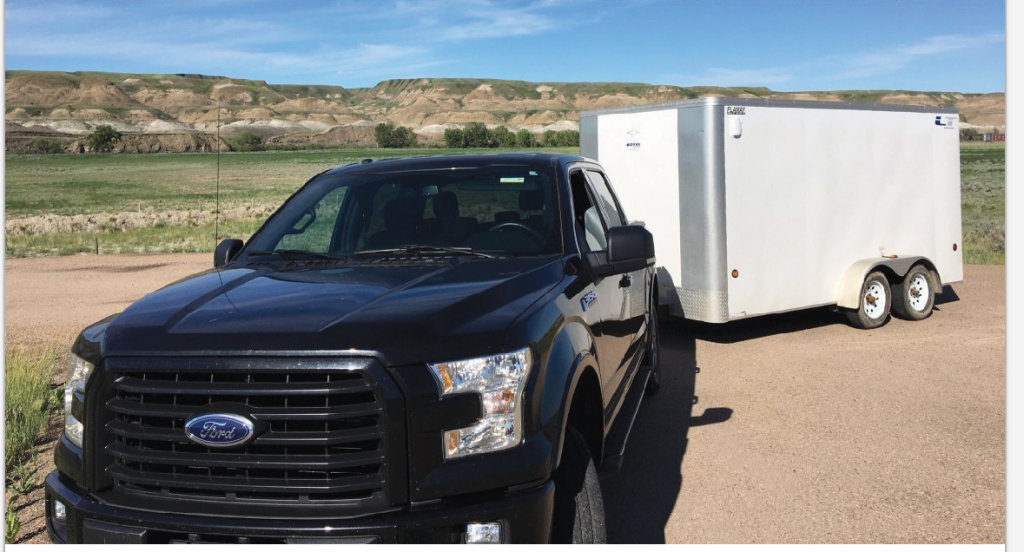
While on-site we have a great culture with people from different backgrounds and experiences, and we all share a major priority – safety. Safety is king here. We do not do anything that could cause harm to people, property, or the environment. Constantly, we stop jobs to assess our hazards until we are all sure it can be done correctly and safely. We are all family in this industry and look after each other.
A typical day in camp starts at about 4 a.m. I wake up, eat breakfast, head to the bag up room to pack a lunch, then get to the 6 a.m. safety meeting and get permits to work. When I get off at 6 p.m., I hit the gym, grab some dinner and get some rest. One month, I might be working outside in 3 feet of snow in temperatures of -51°C (that’s about -60°F); then the next month, I might be working in 3 feet of mud with temperatures of +31°C (86°F). It’s hard to imagine that I love working in this industry, but it’s the people, safety and quality of life that this industry gives to all Canadians.
I am extremely proud of our Canadian energy, where we consider our environmental impact and our people first over profits. A dangerous company will not work in our country as we look to market our ethical energy to the world, and I want to be part of that.
About the Author
Steve Chwyl is a Freelance Mechanical Specialist, Planner, Millwright in the industrial and energy sector. Steve has gone from a Red Seal Millwright and grown into senior roles as a commissioning tech, planner, vibration tech, equipment auditor, QA/QC and project lead. He has taken assets and facilities through their stages of life from install and commissioning to maintenance and repair. You can email him directly at steve@nextpro.ca.

